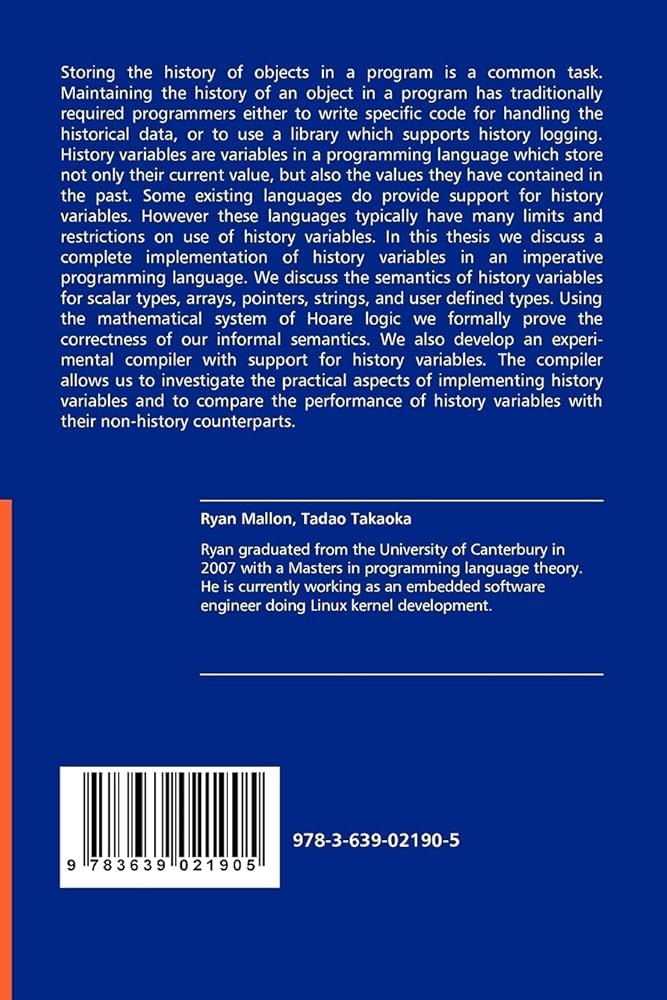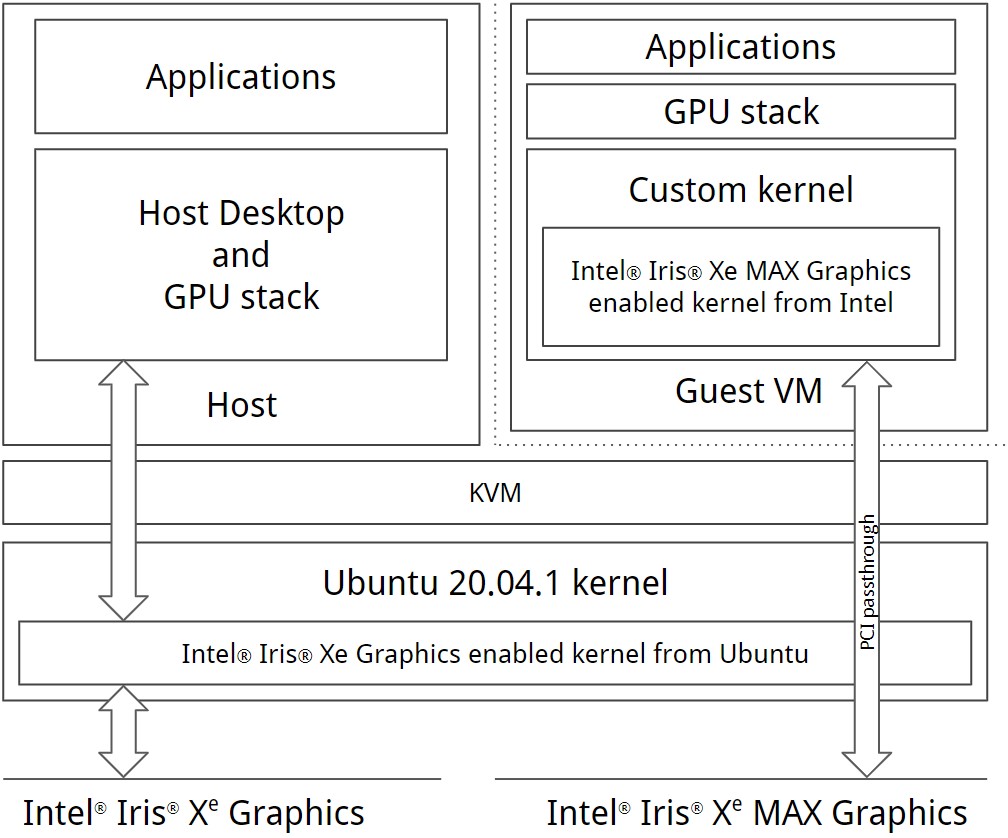
The End of an Era: Linux Kernel Drops Support for Intel Itanium IA-64 Processors
In a significant move, the mainline Linux kernel has officially retired support for Intel Itanium (IA-64) processors. The decision comes as a result of dwindling usage and lack of active contributors to the Itanium codebase.
Over the years, the support for Itanium in the Linux kernel has seen a decline, with few users continuing to test new kernels on aging Itanium servers. The absence of substantial maintenance and development efforts for the Itanium architecture further contributed to this outcome. Discussions about removing Itanium support have been ongoing, and with the release of Linux 6.7, this change has finally materialized.
The removal of the 65k lines of code dedicated to supporting IA-64 signifies the end of an era for Itanium processors. The decision to retire the architecture was made due to the lack of maintenance and the absence of individuals willing to uphold its development. Users still utilizing IA-64 hardware are advised to remain on the Linux 6.6 Long-Term Support (LTS) version.
The Itanium processors, including the Itanium 9700 ‘Kitson’ processors released in 2017, were designed on a 32nm process and shared similarities with the Itanium 9500 ‘Poulson’ processors from 2012. Despite initial aspirations for Itanium to supersede x86/x86_64, the architecture fell short in the face of the overwhelming success of x86_64. With the removal of support, the Linux community bids farewell to Itanium.
Looking Ahead
As the Linux kernel evolves, decisions to retire legacy components like the Itanium support reflect the project’s commitment to efficiency and relevance. The focus remains on optimizing performance, enhancing security, and adapting to the changing landscape of hardware technologies.
Conclusion
The discontinuation of Intel Itanium IA-64 support in the Linux kernel marks the end of a chapter in the history of processor architectures. While the era of Itanium fades into memory, the Linux community continues to drive innovation and progress in the realm of open-source software and hardware support.













